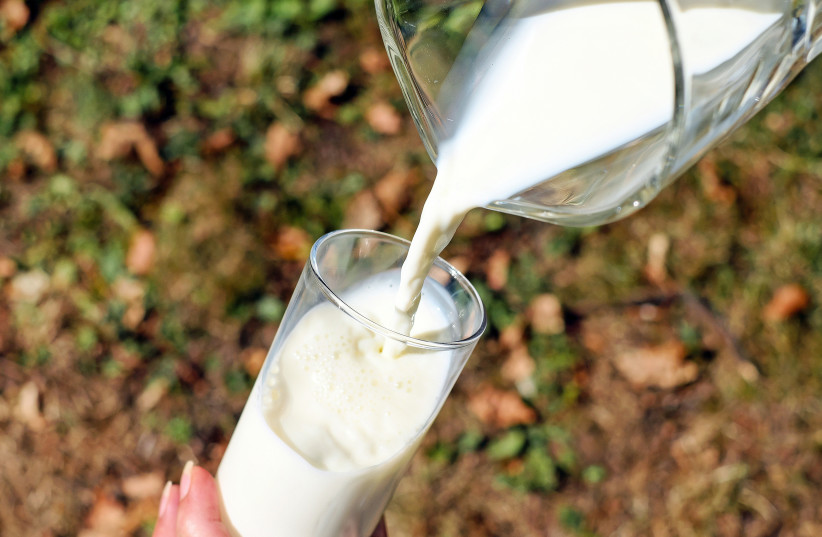Soy, oat, almond, and other plant-based beverages can finally be called “milk” according to federal rules in the US.
The US Food and Drug Administration published guidelines that say that plant-based beverages don’t pretend to be milk, and that US consumers aren’t confused by the difference. Therefore, these products can be called milk, even if no cows are involved in the process.
Milk producers have been claiming for years that plant-based drinks are masquerading as animal-based products, clouding the true meaning of the word milk. Yet according to the rules, the agency recommends that beverage manufacturers clearly label their products according to the plant source of the drink, like soy or cashew.
The rules also call for additional voluntary nutrition labels indicating when beverages have lower levels of nutrients from cow’s milk such as calcium, magnesium or vitamin D. They will continue to allow labels for plant-based beverages which have higher levels.
Enriched soy milk is the only plant-based food included in the category of dairy products under US dietary guidelines because of its nutrient levels.
The new guidelines are intended to give consumers clear nutritional information, FDA Commissioner Dr. Robert Califf said in a statement.
Milk – not just for dairy
The National Milk Producers Federation, an industry trade group, welcomed the demand for more nutritional information on beverage labels, but said that they rejected the FDA’s conclusion that plant-based beverages could be called milk because it was a “common and normal name.”
What is crucial is that parents of newborns and babies know that they can’t feed babies plant-based beverages; they need cow’s milk or formula in order to develop and thrive.
The Good Food Institute, which advocates for plant-based products, opposed the additional labeling in a statement and said that the guidelines mistakenly recommend that companies make a comparison with cow’s milk, even though key nutrients are already required to be on the list.
In recent years, the plant-based beverage market has grown rapidly and today includes dozens of varieties including cashew, coconut, hemp, and quinoa-based beverages. Although the drinks are made from plant-based ingredients, they’re often labeled – and described – as “milk.”




